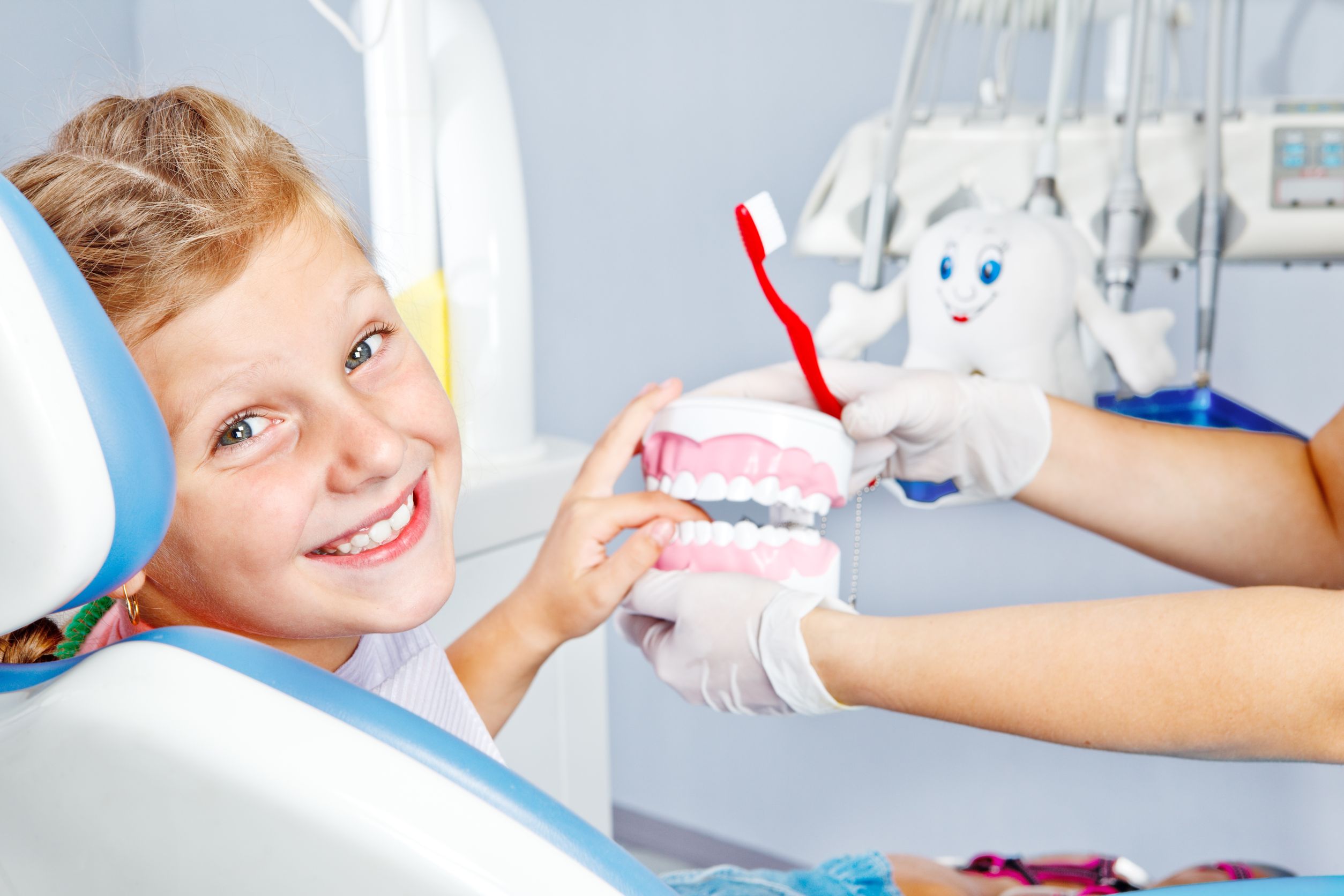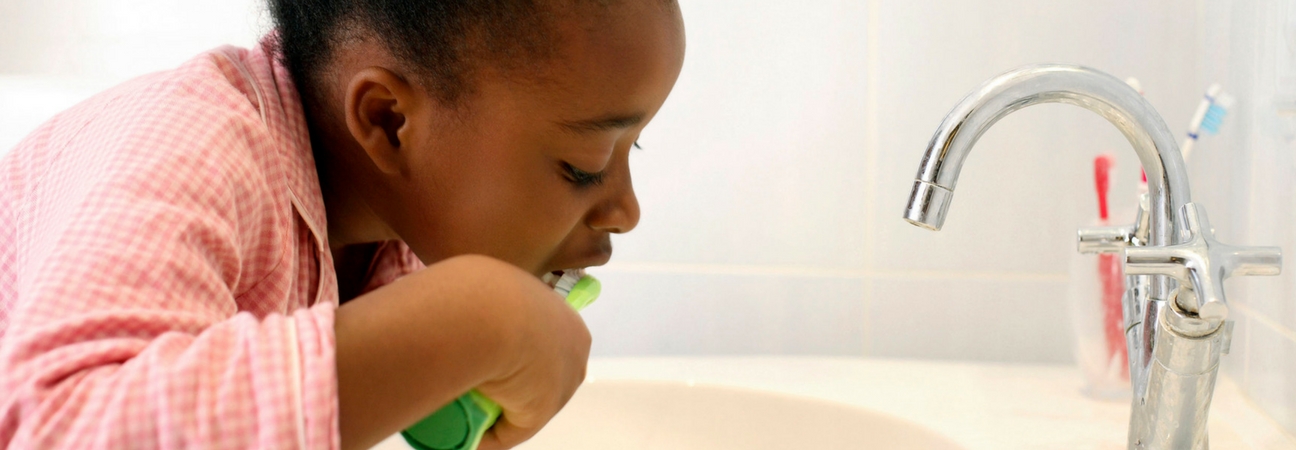
Although proper dental care is just as necessary for kids as it is for adults, your child’s routine won’t be exactly the same as yours. Children start with kid-safe toothpaste, brushes, floss, and eventually graduate to the adult versions. For this reason, you may have wondered about mouthwash. Is it safe for your child? When should they start using mouthwash? Fortunately, your nearby dentist is here with some answers.
Should Your Child Be Using Mouthwash? Your Nearby Dentist Explains
Mouthwash does more than just freshen your breath. Certain brands also wash away loose plaque and strengthen your teeth with fluoride. However, it isn’t right for every child.
Is Mouthwash Safe for My Child?
This largely depends on their age. Although fluoride mouthwash can be incredibly helpful in helping your child right cavities, the American Dental Association (ADA) recommends waiting until they are about six years old to introduce it to their routine. This is because these younger kids may have a harder time not swallowing the mouthwash. Fluoride is perfectly safe in small amounts (it is found in most municipal water supplies,) but consuming too much of it at an early age can result in fluorosis or discoloration of the enamel.
Don’t worry about your child getting enough fluoride before they can use mouthwash. Fluoride treatment is a major part of general exams and cleaning when you take them to your nearby dentist.
Look For Kid-Friendly Mouthwash
Like most other dental care tools, there are plenty of child-friendly varieties of mouthwash you can choose from. These usually feature popular cartoon characters or superheroes and come in sweet flavors like bubblegum or berry.
The differences are more than just superficial. Mouthwashes that are geared towards kids omit potentially harmful ingredients found in the adult versions, like alcohol. Alcohol is useful for killing bacteria for adults but can hinder healthy growth and development for children.
Supervision and Safety
The best way to make sure your child is safely using mouthwash is to supervise them for the first few months. Demonstrate to them how to rinse and spit the first few times. Tell them that even though it tastes good, they shouldn’t drink it. Watch them closely to make sure they don’t swallow and let them know when they’ve done a good job.
When your child isn’t using it, the mouthwash should be kept out of reach. Why? With its bright colors and sweet flavors, it may remind them of their favorite sugary drink. This means they may be tempted to try to drink it when you aren’t looking, and even the safest mouthwash shouldn’t be swallowed.
Want More Info? Ask a Pediatric Dentist Near You?
Still unsure of whether your child is ready for mouthwash? You can always check with a pediatric dentist near you. Dr. Elmore of Wilson Pediatric Dentistry has years of experience helping tiny teeth shine and grow, and she is happy to help you create a dental plan for your child. Schedule your appointment or contact us at (252)-291-4300 to learn more.
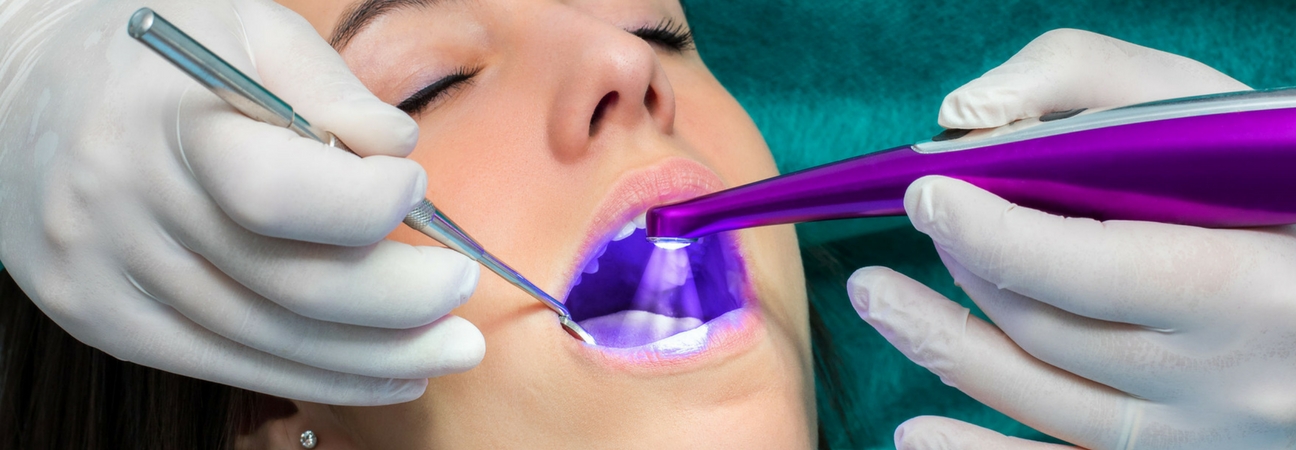
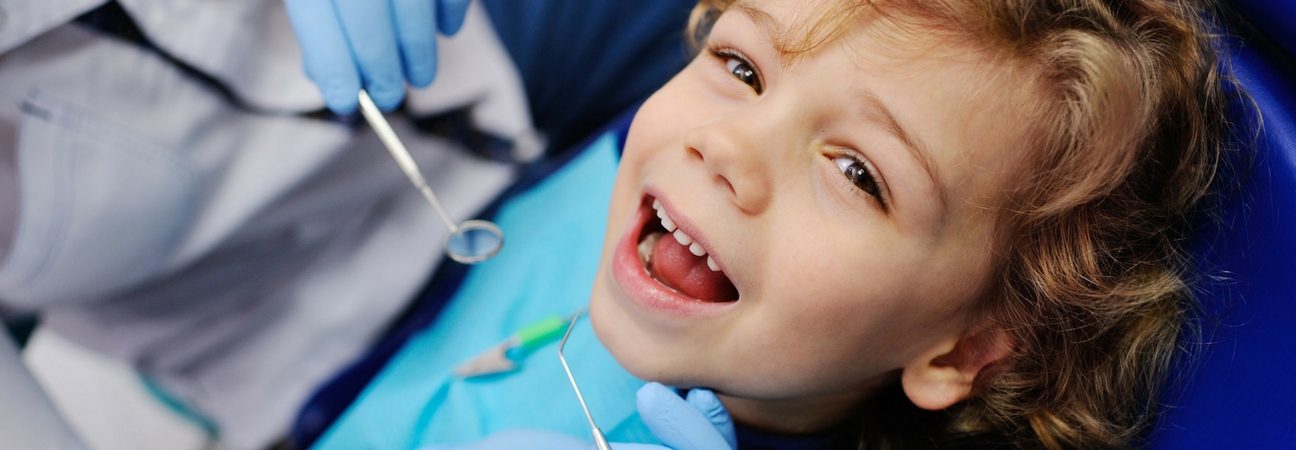


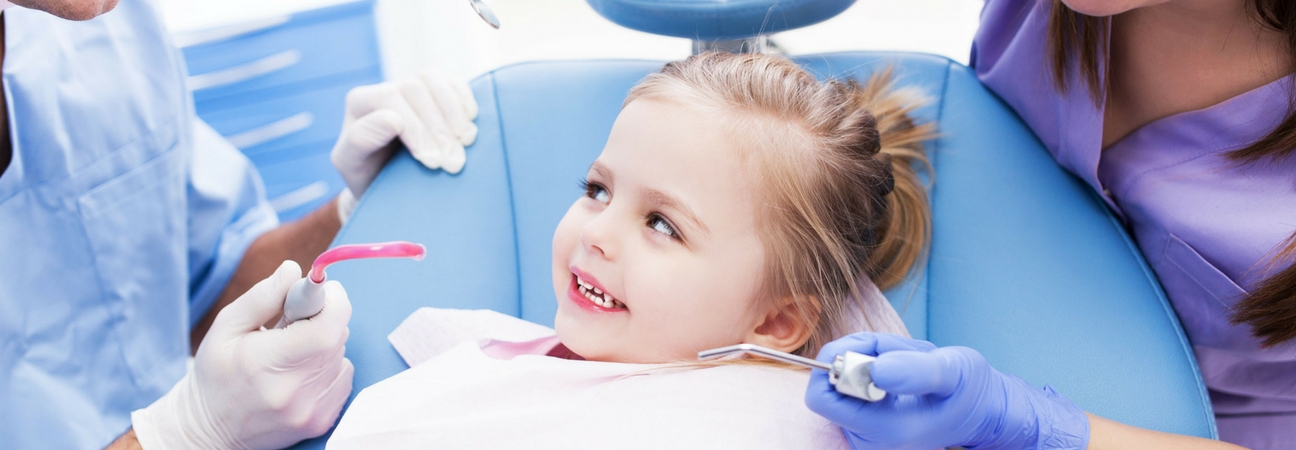
 All parents want to help their children get the best possible dental care, but it can be difficult. When should you start taking your child to the dentist? What kind of dentist should they see?
All parents want to help their children get the best possible dental care, but it can be difficult. When should you start taking your child to the dentist? What kind of dentist should they see?